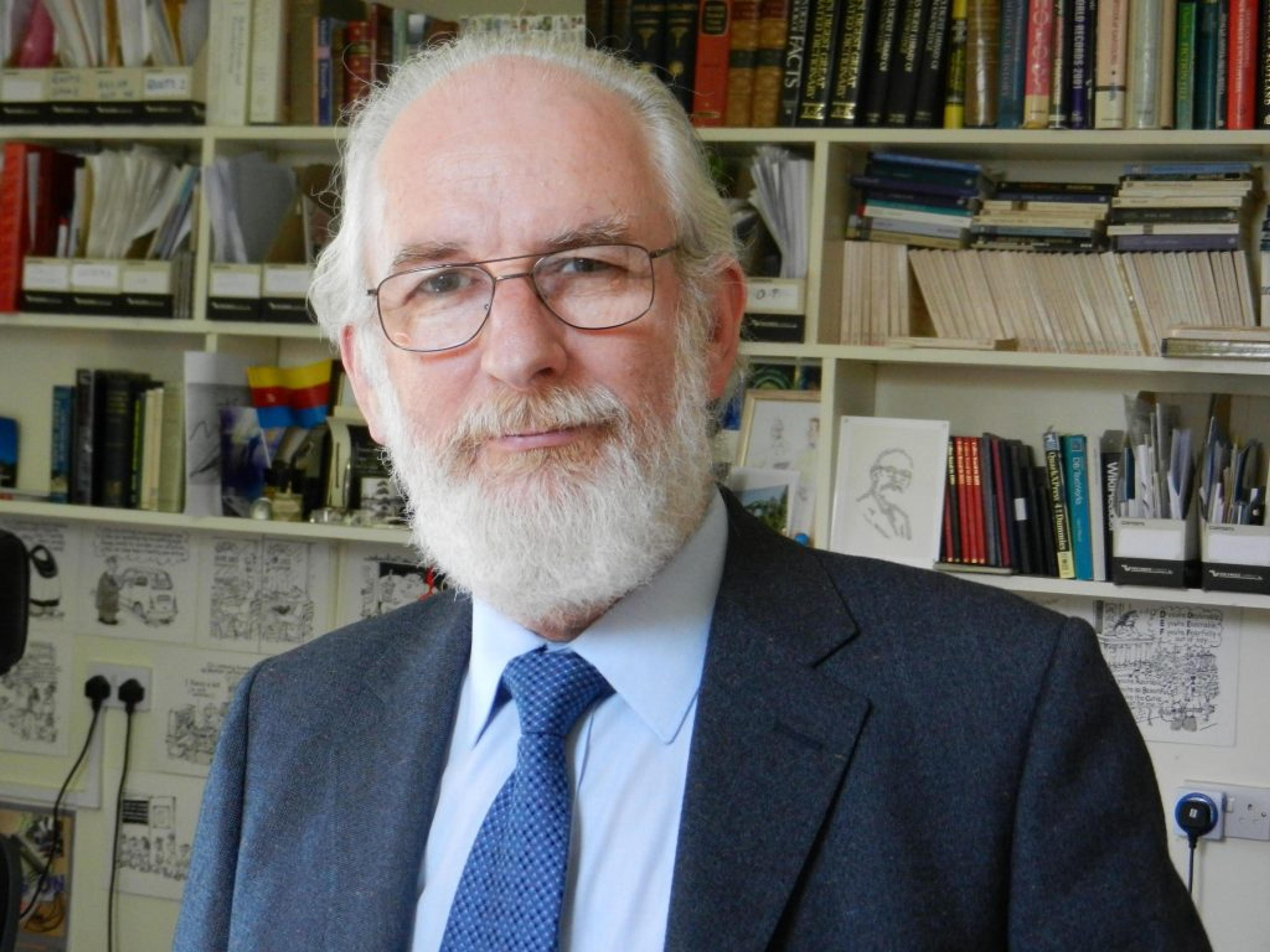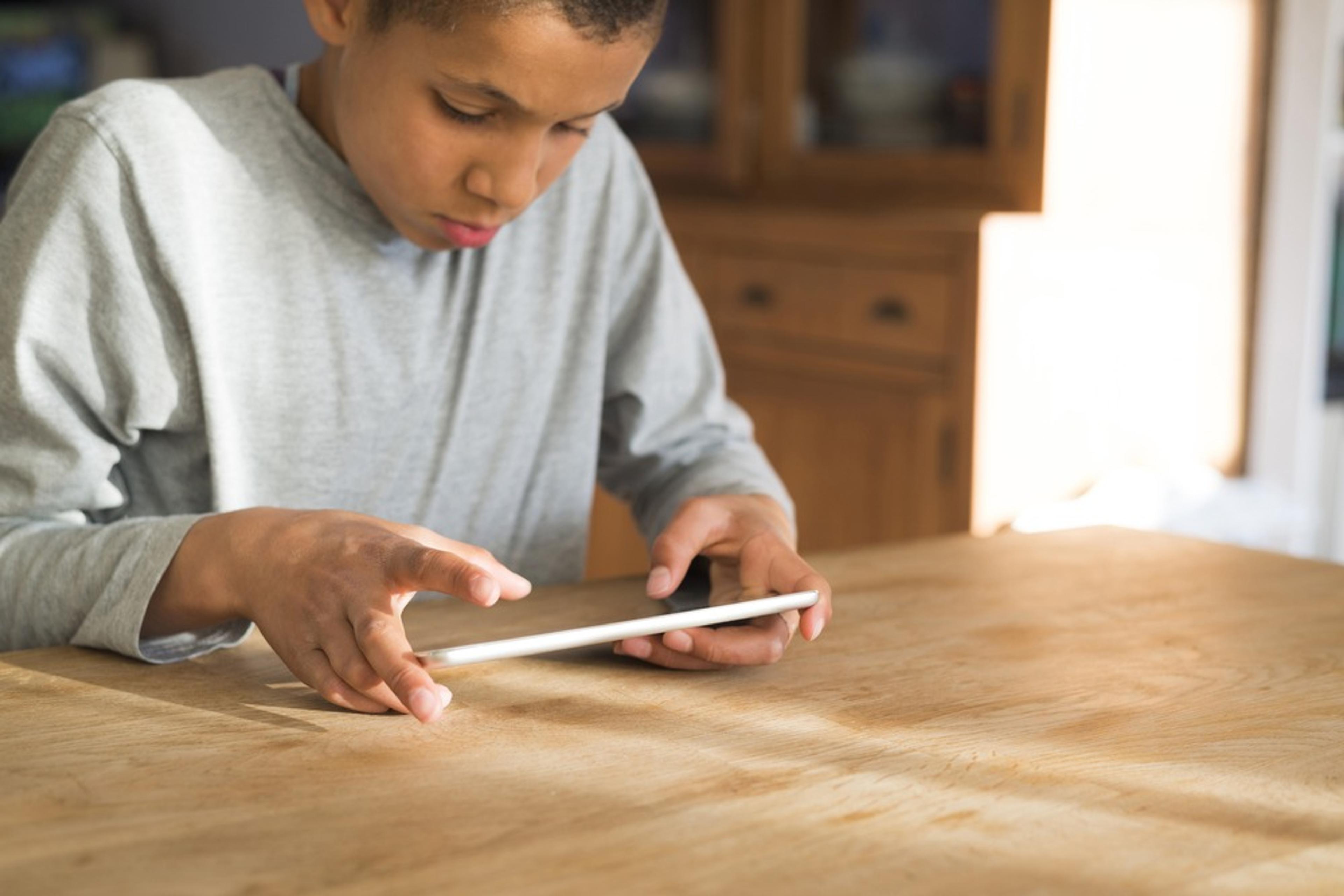
Learn how and why books are essential to your child’s vocabulary from the leading child language expert
Language, words, speech and vocabulary are all things we take for granted – until we’re surrounded by children, that is. In this fascinating article, David Crystal (one of the world’s leading child language experts) explains how books will help children know and understand around 50,000 words by the time they’re adults. Not bad, eh?
“Reading is essential for vocabulary acquisition and learning in children. Apps like Pickatale are a great supplement to reading physical books.” David Crystal
Understanding why books are essential to a child’s vocabulary and speech

Vocabulary is the Mount Everest of language. Other features of a language are quite small, by comparison. In English, the alphabet has only 26 letters. There are just a dozen or so common punctuation marks. English pronunciation uses around forty vowels and consonants. There are a few dozen word-endings, and a few hundred common ways of joining words together to make sentences. But there are well over a million words in English, and most adults know at least fifty thousand of them. That is the mountain children need to climb.
When does the climbing start?
During the first year of life children come to understand several basic words to do with the family and the home, and most speak a 'first word' at around 12 months of age. By 18 months, they can use around 50 different words, and understand about five times as many. By 2, their spoken vocabulary has grown to over 200 words, and in the third year they learn new words so quickly that it becomes really difficult to keep track of them - words for people, animals, household objects, health, weather, toys, trips, birthdays, festivals... The list is endless, and each topic brings with it a cluster of words and phrases that soon mount up. By 5, most children know around five thousand words; and if they have been given a fruitful reading experience, the number will be much greater.
How do children build up their vocabulary?

The important principle is that they don't learn words in isolation, one at a time. They learn them in pairs or small groups. 'Don't touch the hot tap', instructs an adult. 'You can touch the cold one, not the hot one.' Hot and cold are being learned together. 'There horse' says a 2-year-old, pointing to a picture of a cow. 'No', says the adult, 'That's a cow. Cows go moo. Horses go neigh. We can ride on a horse. We can't ride on a cow. And we get milk from cows...' Gradually, the child builds up a basic vocabulary of words to do with horses and words to do with cows, as well as useful general words like big.
Books are an ideal way of building up vocabulary. The stories, themes, and characters provide threads of meaning, and show how words relate to each other. With over 1,700 children’s books in its digital library, the Pickatale reading app is a fantastic tool for families looking to encourage their children to read more at home and to further their literacy and language development.
How do words relate to each other?
Learning vocabulary also means appreciating that words relate to each other in many different ways. Here are some of them.
- They can have roughly the same meaning - small, little, tiny...
- They can be opposite in meaning - happy/sad, hot/cold...
- They can belong to the same field of meaning. Red, green, yellow... are all COLOURS. Pigs, horses, and cows are all ANIMALS.
- They can talk about parts and wholes - a wheel is part of a car, a leg is part of a body.
- They can be part of a series - Monday, Tuesday... January, February...
- They can help to tell differences: big/small, round/square, fast/slow...
Why is vocabulary so important for children?
Eventually children know enough vocabulary to be able to achieve one of the most important educational aims: making and understanding definitions. 'Who can tell me what a glacier is?' asks a teacher. 'What's the difference between a river and a canal?' Definitions are needed in all walks of life and areas of learning. They are the basis of all dictionaries and they play a major role in information books and textbooks. They are an essential lifelong skill, and books play a fundamental role in providing the vocabulary to acquire it.
Safe use
Pickatale has been developed for children and all content is quality assured for children. Once you're subscribed to one of our pricing plans, no additional costs will be incurred and no indiscriminate products will be added.
Privacy
Pickatale uses cookies on its website. Read more about how we process personal information in our privacy statement.